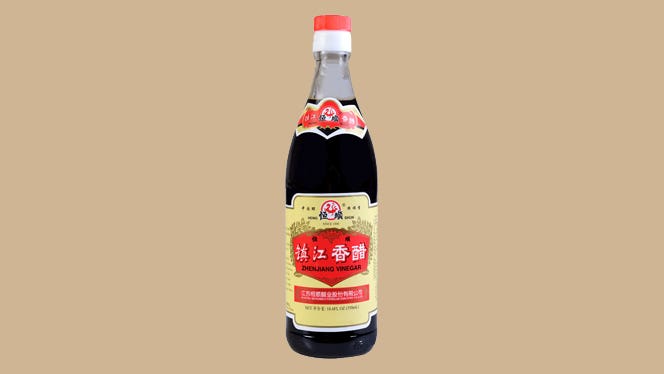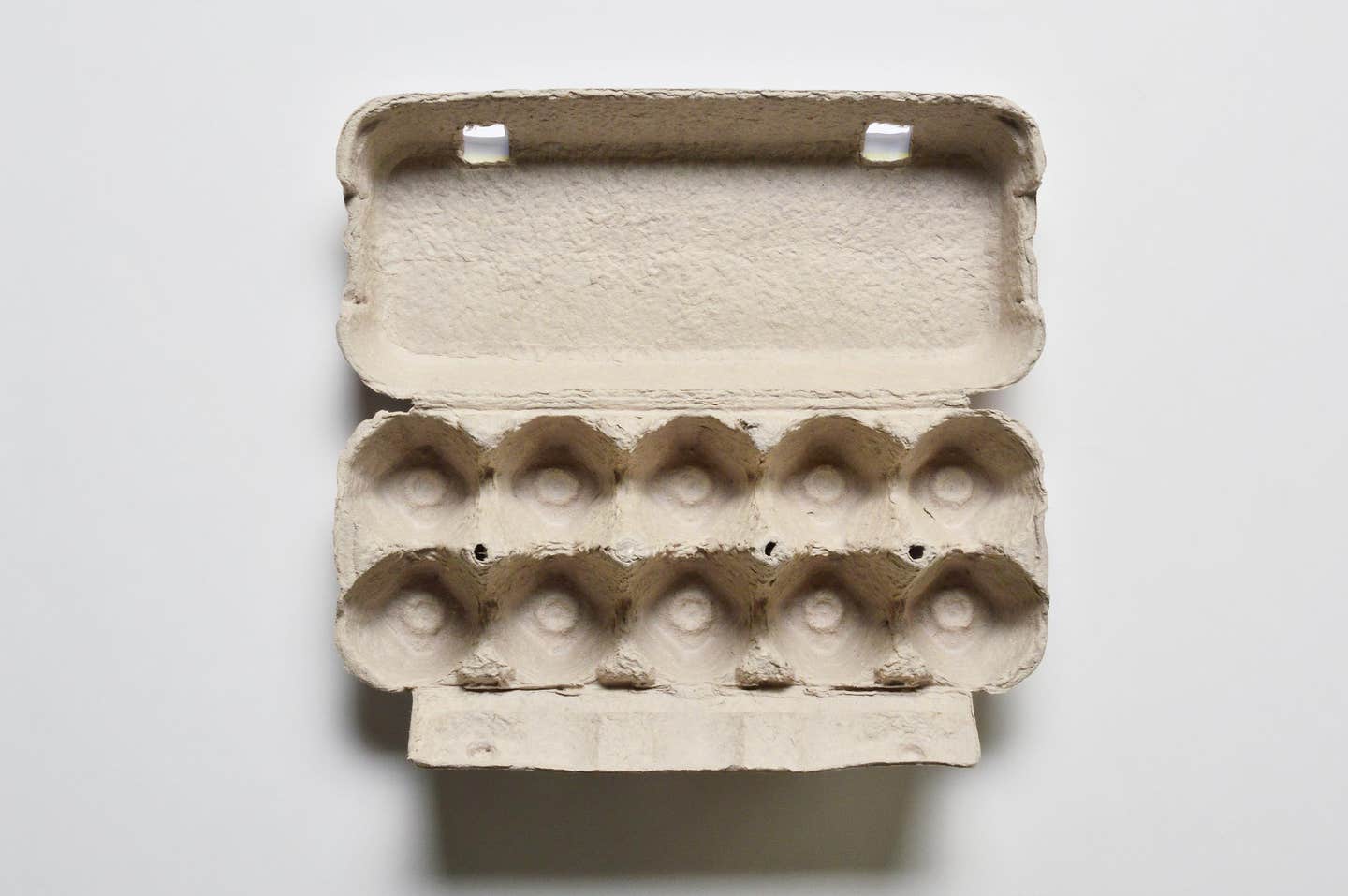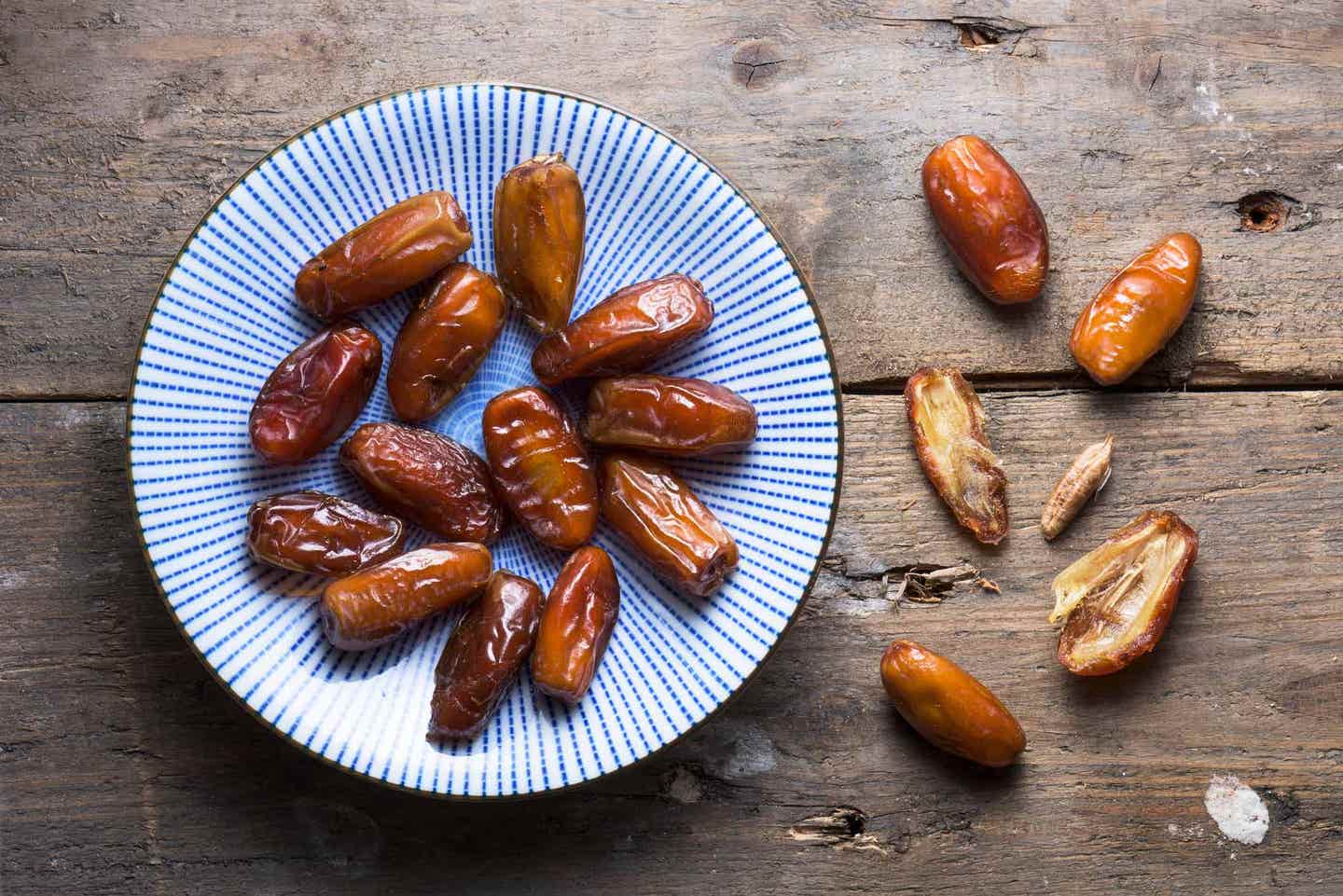If you love twirling your fork into a saucy bowl of spaghetti but want to avoid refined white flour, then it’s time to dive into the wide world of healthy pastas. From lentils to peas to whole grains, there’s no shortage of noodles crafted from good-for-you ingredients. As the Forks Over Knives staff writer, I set out on a mission to find the best healthy pastas currently on the shelves so you don’t have to waste your time, money, or taste buds on the bad stuff.
On an unseasonably warm September evening, I asked two plant-based friends to join me in the kitchen of my Southern California apartment for a healthy pasta taste test. With all four stove burners boiling pots of salted water and turning my tiny home into a sauna, we tried more than a dozen brands found at our local grocery stores. Some options were delicious, others were disastrous, but after taking detailed notes and discussing the merits of each noodle, we found nine brands that came out on top. Read on to discover the healthiest pastas that still taste like the cozy comfort food you know and love.
Table of Contents:
- What Is Healthy Pasta?
- Tips For Cooking Healthy Pasta
- Our Scoring Methods
- The Best Whole Grain Pastas
- The Best Pulse Pastas
- Healthy Pasta Recipes to Try Today
What Is Healthy Pasta?
Before we dive into our taste test results, it’s important to clarify what I mean by “healthy pasta.” From a nutritionist’s perspective, healthy pasta is any type of noodle formed without highly processed white flour or unnecessary additives. The shorter the ingredient list, the better. I spoke to registered dietitian nutritionist Sharon Palmer, MSFS, RDN, about how to pick out the healthiest pastas that still taste great.
“For the highest sources of fiber, look for pastas that have at least 6 grams of fiber per 2-ounce serving, focusing on whole wheat and pulse-based pastas,” she suggests. “Some gluten-free whole grain pastas, such as brown rice or quinoa, may have lower amounts because those grains are inherently lower in fiber. But it’s better to consume lower-fiber whole grain pastas rather than those made with refined flours to provide a source of whole grains in your diet.”
With this advice in mind, I scoured the supermarkets for pasta products made with whole grains and pulses (such as chickpeas or lentils) to include in our taste test. The options we recommend offer varying amounts of fiber, but they all have a short ingredient list, little to no sodium, and a delicious taste that will tempt you to take a second serving.
Tips for Cooking Healthy Pasta
Through trial and error, I found there’s a bit of a learning curve to cooking whole grain and pulse-based pasta. Because the texture and structure of these pastas are different from traditional white flour noodles, the cook time to get the exact right consistency can be a little trickier to nail down.
“Follow the directions on the package when you are getting familiar with different types of pasta, because they may have different cooking times than typical refined wheat pasta,” Palmer recommends. “I find that I get better results by not overcooking the pasta, so it doesn’t get too soggy and break down, but dramatically undercooking it can yield pasta that is a bit tough. In addition, I find rinsing it in a colander to remove some of the starch can help keep the texture intact.”
Apart from cook time, the shape of the noodles you pick can also impact your eating experience.
“I generally like the thinner shapes when I’m using whole wheat pasta, such as spaghetti and linguine shapes, as the larger shapes can be a bit tougher,” Palmer says. “I also love whole wheat lasagna, as it softens up when you bake it with the sauce and you can’t really tell that it’s whole wheat.”
The inevitable outcome of eating so many different healthy pastas in one sitting for my taste test was a mountain of leftover noodles. Palmer offered a few great tips on storing stragglers so you can continue to enjoy your cooked pasta for several more days.
“If you are serving it with sauce, separate the sauce from the pasta so that the pasta doesn’t get too soggy,” she says. “When reheating cooked plain pasta, you may want to soften it up by adding a bit of water before putting it in the microwave.”
Our Scoring Methods
Each pasta we taste tested was cooked according to the package instructions in lightly salted water. First we tried each type without any sauce to take notes on its overall texture, mouthfeel, and baseline taste. We then tasted each noodle a second time with a basic oil-free marinara sauce. By using a single sauce across all the different pastas, we were better able to determine which noodles properly absorbed, or “clung” to, the sauce (as any good pasta should), and which types became mushier or less appealing with the addition of sauce. So, are you ready to find out the healthiest pastas we think are worthy of taking up real estate in your pantry? Take a look!
The Best Whole Grain Pastas
While the fiber count can vary drastically based on the type of whole grain used, these pastas delivered the tastiest textures out of all the brands we tried. When picking out the right one for you it really comes down to the type of dish you’re making, desired level of fiber (whole wheat is the king of fiber), and your own personal taste!
Barilla Whole Grain Spaghetti
Ingredients: Whole grain durum wheat flour
Fiber: 7 g
Sodium: 0 mg
Gluten-free: No
I can be hesitant with whole grain pastas because of their tendency to be stiff and earthy-flavored, but these spaghetti noodles from one of the most popular pasta brands on the market were a pleasant surprise. Once my friends and I got accustomed to the nutty notes of the noodles, we realized it added extra depth of flavor to our eating experience that would’ve been missing with white flour noodles. The thin shape and slightly al dente texture were pleasant even without sauce, and they struck the right balance between being tender and chewable without getting mushy. These noodles would be perfect to pair with plant-based meatballs or a light primavera sauce with fresh veggies.
Ancient Harvest Corn, Brown Rice & Quinoa Elbows
Ingredients: Organic corn flour, organic brown rice flour, organic quinoa flour
Fiber: 3 g
Sodium: 0 mg
Gluten-free: Yes
These adorable elbows were recommended to me by a fellow FOK staff member, and I’m thrilled to have found another tasty brand to add to my pasta rotation. There was slight cornmeal-like grit to the texture when we tasted without sauce, but that small flaw vanished with the addition of a hearty marinara. The blend of different gluten-free flours melded together well, the noodles were thin and easy to chew, and the sauce absorbency was on point. This healthy pasta would be perfect for a vegan mac ’n’ cheese when you’re craving a little bit of childhood comfort.
365 Organic Whole Wheat Spaghetti
Ingredients: Organic durum whole wheat flour
Fiber: 6 g
Sodium: 0 mg
Gluten-free: No
A whole wheat noodle that doesn’t taste like whole wheat? Am I dreaming?! This tasty spaghetti really shocked me and my fellow taste-testers because we thoroughly expected to be hit with that heavy, earthy flavor that comes with most whole wheat pastas. Instead we enjoyed a soft mouthfeel, pliable noodles, and a light flavor that really let the sauce stand on its own. I could easily see these noodles working well in a vegan fettuccine alfredo or a curry noodle dish. Three cheers for this surprising spaghetti!
Living Now Organic Quinoa Macaroni
Ingredients: Organic rice, organic quinoa, organic amaranth
Fiber: 1 g
Sodium: 5 mg
Gluten-free: Yes
These delightful macaroni noodles were a clear standout based on their light and tender texture, delicate mouthfeel, and perfect sauce absorbency. From a visual standpoint these noodles were also the lightest in color and looked most similar to white flour pasta, which likely had a small psychological impact on our taste buds. While they lack fiber, this was the only competitor where we cooked the entire box and ate every last bite because it was so scrumptious. These would be the ideal noodles to add to a hearty pot of vegetable minestrone soup.
Tinkyada Brown Rice Spaghetti
Ingredients: Brown rice, water
Fiber: 2 g
Sodium: 0 mg
Gluten-free: Yes
Given the odd cooking directions, we were very surprised by how delicious these noodles turned out to be. Unlike most pastas, which require a boiling time of 7 to 12 minutes, these only need one to two minutes in boiling water before turning off the burner, covering the pot, and letting them sit for 18 minutes. I’d never cooked pasta this way, so naturally I was skeptical, but the end result was incredible. The noodles became perfectly plump (almost a bucatini-like shape) and were incredibly tender without turning to mush. Extra tasty when served with our marinara sauce, these noodles would probably also be great in vegan ramen or a noodle soup because of their fluffy, absorbent texture.
The Best Pulse Pastas
Made from legumes, aka pulses, these pastas typically have fantastic amounts of fiber, but their texture and taste can get sacrificed for the nutrition content. One of the most common pulse-based pasta brands is Banza, which is made from chickpea (aka garbanzo bean) flour. We hoped the hype around this alternative noodle was warranted, but we were thoroughly disappointed from the first bite. I went searching for other chickpea pastas to try, and I discovered two great options along with a few other tasty pulse-based contenders.
Barilla Chickpea Rotini
Ingredients: Chickpea flour
Fiber: 8 g
Sodium: 0 mg
Gluten-free: Yes
After the disaster of Banza, my taste test group was pleasantly surprised by the light taste and sturdy consistency of this chickpea pasta. The disintegration that’s common with chickpea noodles didn’t happen here, and the little spirals kept their shape long after I’d drained the water from the pot. The texture wasn’t gummy or gluey like some other chickpea pastas we tried, and our only gripe was that it stayed rather dry even with the addition of sauce. While the mouthfeel wasn’t as effortlessly chewy as other healthy pastas we tried, this is a solid pulse-based noodle with tons of fiber that would definitely taste delicious in a veggie-packed pasta salad to share at a potluck.
Brami Penne
Ingredients: Semolina durum wheat, lupini beans
Fiber: 6 g
Sodium: 6 mg
Gluten-free: No
For those who can’t bear to give up traditional pasta, Brami blends nutrient-dense lupini beans with white semolina flour, which produces an end result that tastes similar to traditional white pasta but with a fiber count that rivals whole wheat. Lupini beans are typically eaten as a pickled snack in the Mediterranean region, but we discovered they’re quite tasty in pasta form. The noodles retain their tenderness without turning to mush, and their neutral flavor makes it easy to pair with any sauce your heart desires. Try them in a baked penne pasta dish to discover just how versatile they are!
Tolerant Organic Chickpea Penne
Ingredients: Organic chickpea flour
Fiber: 6 g
Sodium: 0 mg
Gluten-free: Yes
We were skeptical of this brand based on their unappealing red lentil rotini that we tried earlier in the night, but these chickpea noodles were a totally different story. The dusty, powdery taste that can often accompany chickpea pasta was nearly nonexistent, and the texture held up well both with and without sauce. The penne noodles held the moisture of the marinara without becoming soggy, and the soft mouthfeel made every bite a lovely experience. This healthy pasta option will certainly do the trick when you’re craving a quick and easy bowl of noodles to nourish you after a long day.
Zenb Pasta Yellow Pea Rotini
Ingredients: Whole yellow peas (with skin)
Fiber: 7 g
Sodium: 0 mg
Gluten-free: Yes
These yellow pea noodles were a welcome experience after all the other contenders that didn’t make the cut. The texture is soft while still retaining a little bite, which is nice if you prefer your pasta to be cooked al dente. And while we didn’t love the flavor of the noodles sans sauce, something magical happened when the marinara melded with the rotini spirals. Chop up a little fresh basil and sprinkle some nutritional yeast, and you’ve got yourself an enjoyable bowl of healthy pasta that will satisfy your craving for comforting carbs.
Healthy Pasta Recipes to Try Today
Looking for a little kitchen inspiration now that we’ve narrowed down the healthiest (and tastiest) pastas? We have the perfect roundup of recipes that are starchy, satisfying, and incredibly nourishing. Check out these 27 Pasta and Noodle Recipes You Can Make In 30 Minutes or Less to test out a healthy pasta brand and discover your new favorite dish.
Learn essential healthy cooking skills and become a plant-based home chef in 90 days with the Forks Over Knives Cooking Course!

Related News
Get Our Best Price On The Forks Meal Planner

Forks Meal Planner takes the guess work out of making nutritious meals the whole family will enjoy.
SAVE $200 ON OUR ULTIMATE COURSE

Join our best-selling course at a new lower price!



